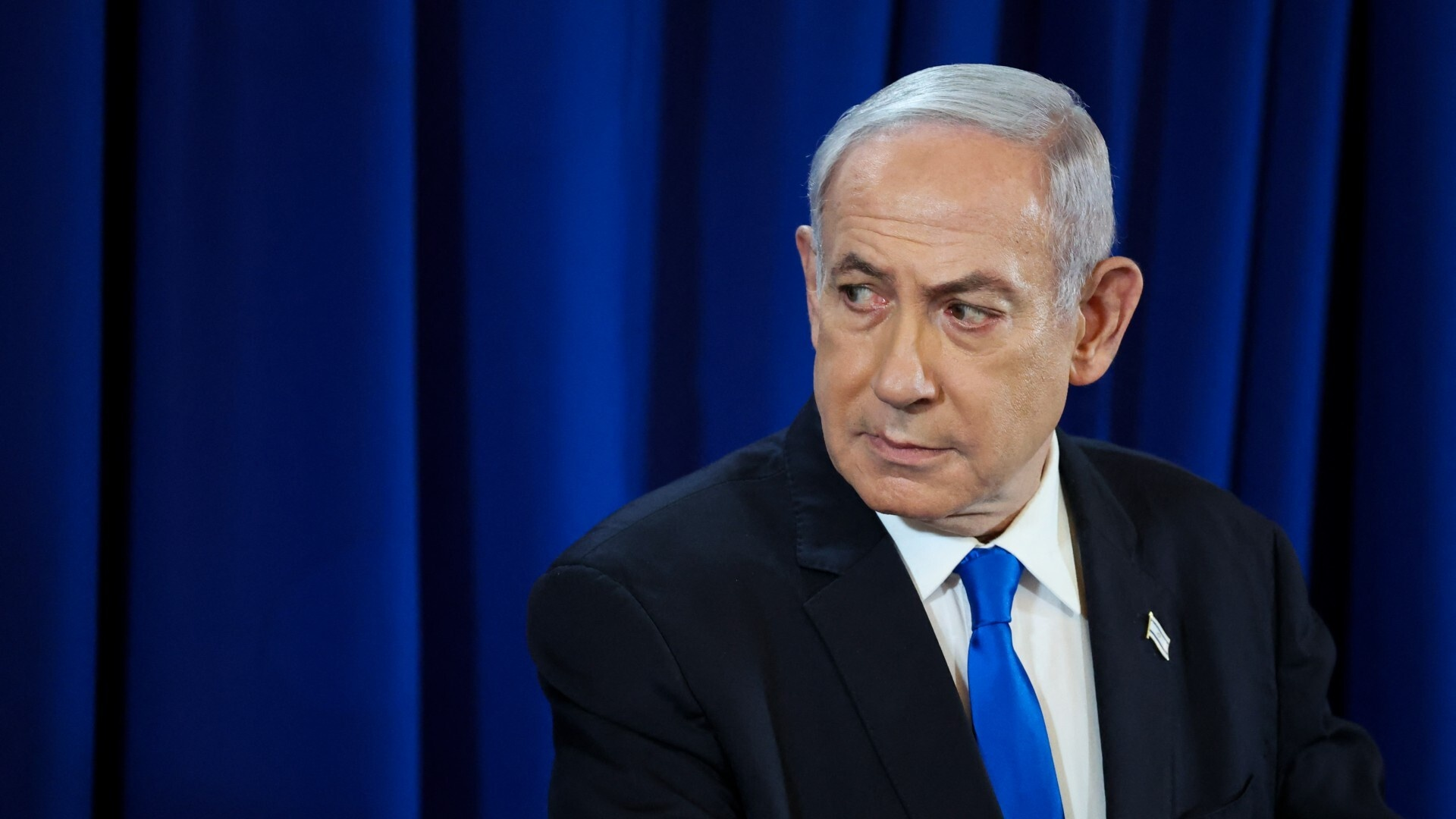The International Criminal Court (ICC) has made a historic and highly controversial decision to issue arrest warrants for Israeli Prime Minister Benjamin Netanyahu, former Defense Minister Yoav Gallant, and Hamas military commander Mohammed Deif.
These warrants relate to alleged war crimes and crimes against humanity during the Gaza conflict, a decision that has sparked debate, condemnation, and cautious optimism among different stakeholders worldwide.
Arrest Warrants Against PM Netanyahu
The ICC’s decision stems from its investigation into events that unfolded between October 8, 2023, and May 20, 2024. The court alleges that Netanyahu and Gallant knowingly deprived Gaza’s civilian population of essential resources, including food, water, medicine, fuel, and electricity.
These actions, the ICC claims, constituted deliberate efforts to cause harm and are classified as crimes against humanity and war crimes under international law.
The deprivation of vital necessities in Gaza intensified the humanitarian crisis in the region. The blockade and siege tactics led to widespread suffering, with international human rights organizations and humanitarian agencies repeatedly raising alarms about the dire situation.
Read : Israel PM Netanyahu Confirms He Okayed Sept 17 Pager Blast on Hezbollah
The ICC’s move to hold Netanyahu and Gallant accountable marks a rare instance of international legal scrutiny directed toward a sitting head of state and a high-ranking official from Israel.
Read : Gaza Deal Must Allow Fighting Until Israel’s War Goals Achieved: Netanyahu
In response, the Israeli government has rejected the ICC’s jurisdiction and accusations outright. Netanyahu’s office described the warrants as “absurd” and “anti-Semitic,” accusing the court of bias against Israel. The Israeli opposition leader and other political figures also echoed similar sentiments, emphasizing Israel’s right to self-defense against terrorist threats.
Charges Against Hamas Commander Mohammed Deif
The ICC also issued an arrest warrant for Mohammed Deif, a prominent figure in Hamas’s military operations. Deif is accused of orchestrating crimes, including murder, torture, and sexual violence, during the Hamas-led attack on Israel on October 7, 2023. The attack resulted in the deaths of over 1,100 people in Israel and the capture of more than 200 hostages.

Despite Israel’s claims that Deif was killed in a July airstrike, the ICC has proceeded with the warrant, citing a lack of definitive proof regarding his death. This move underscores the ICC’s commitment to pursuing accountability regardless of uncertainties surrounding individuals’ status.
Deif’s alleged role in orchestrating violence against civilians has drawn global condemnation, further complicating the already polarizing perceptions of the ICC’s actions.
Hamas has publicly supported the arrest warrants against Netanyahu and Gallant, viewing them as a step toward justice. However, the group has dismissed the charges against Deif, framing them as an attempt to vilify the resistance movement.
Reactions and Implications
The ICC’s decision has drawn mixed reactions globally, with some viewing it as a landmark moment for accountability, while others criticize it as politically motivated. Human rights advocates have lauded the move, hoping it will pave the way for justice for victims of the conflict in Gaza. Al Jazeera’s analysts called the warrants a potential turning point for addressing the long-standing grievances of Palestinians.

Conversely, Israel and its allies, particularly the United States, have condemned the ICC’s actions. Israel is not a signatory to the Rome Statute, which established the ICC, and has long contested its jurisdiction over Israeli officials. The U.S. has also expressed unwavering support for Israel, raising concerns about the practical enforceability of the warrants.
One significant potential consequence of the ICC’s decision is its impact on international arms trade with Israel. If the court’s allegations of crimes against humanity hold, it may compel countries to reevaluate their arms transfers to Israel.
Neve Gordan, a human rights law professor, emphasized that weapons used to perpetuate such crimes could violate international laws, prompting European countries to reassess their defense agreements with Israel.
The decision also highlights the broader question of the ICC’s effectiveness and its ability to enforce its rulings. Historically, arrest warrants against high-ranking officials have faced numerous challenges, particularly when the accused are from countries with strong international backing.
The ICC’s warrants against Sudan’s former President Omar al-Bashir serve as a precedent, where despite being indicted, al-Bashir managed to travel internationally without apprehension for years.
The ICC’s arrest warrants for Israeli Prime Minister Benjamin Netanyahu, former Defense Minister Yoav Gallant, and Hamas commander Mohammed Deif represent a significant moment in the pursuit of accountability for war crimes in Gaza.
While the move is celebrated by some as a step toward justice, it also exposes the deep divisions in international responses to the Israeli-Palestinian conflict. As the world watches how these developments unfold, the ICC’s actions are likely to influence the discourse on international law, accountability, and the limits of justice in protracted conflicts.

